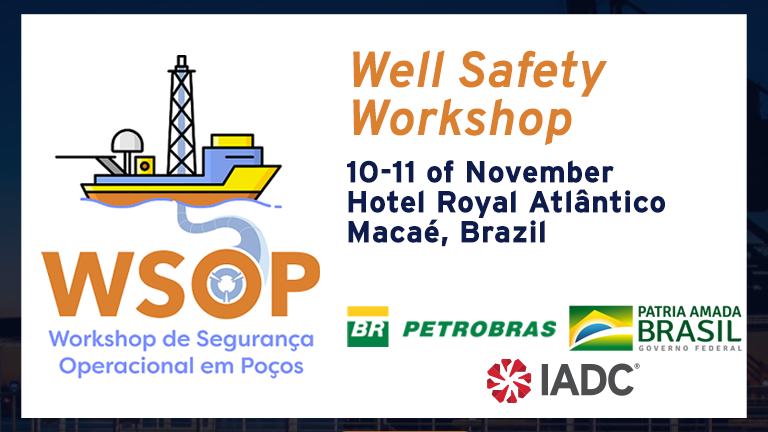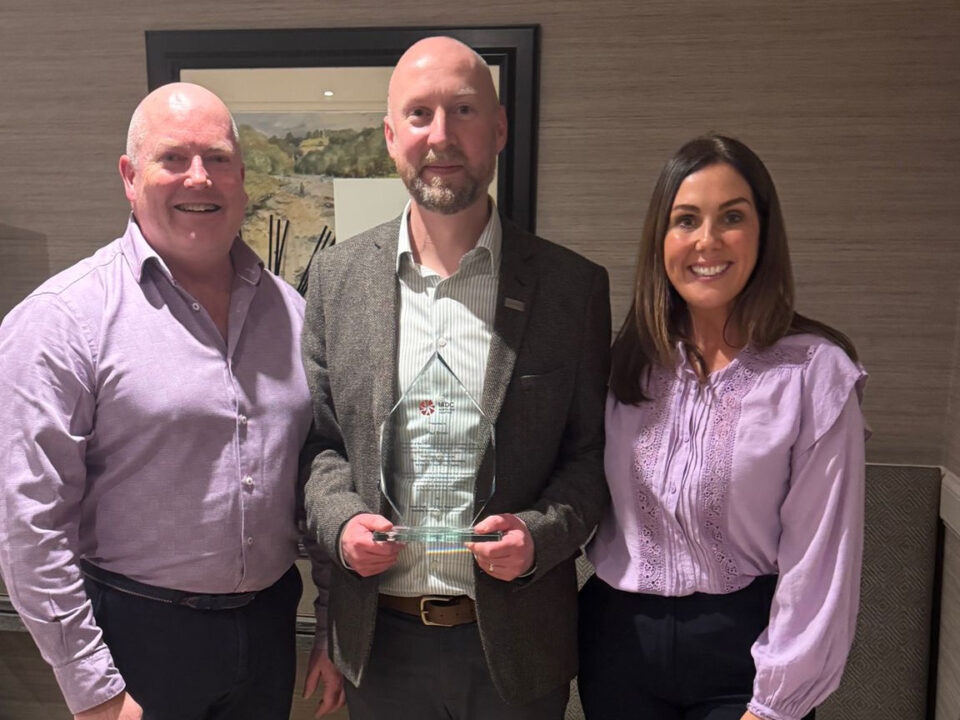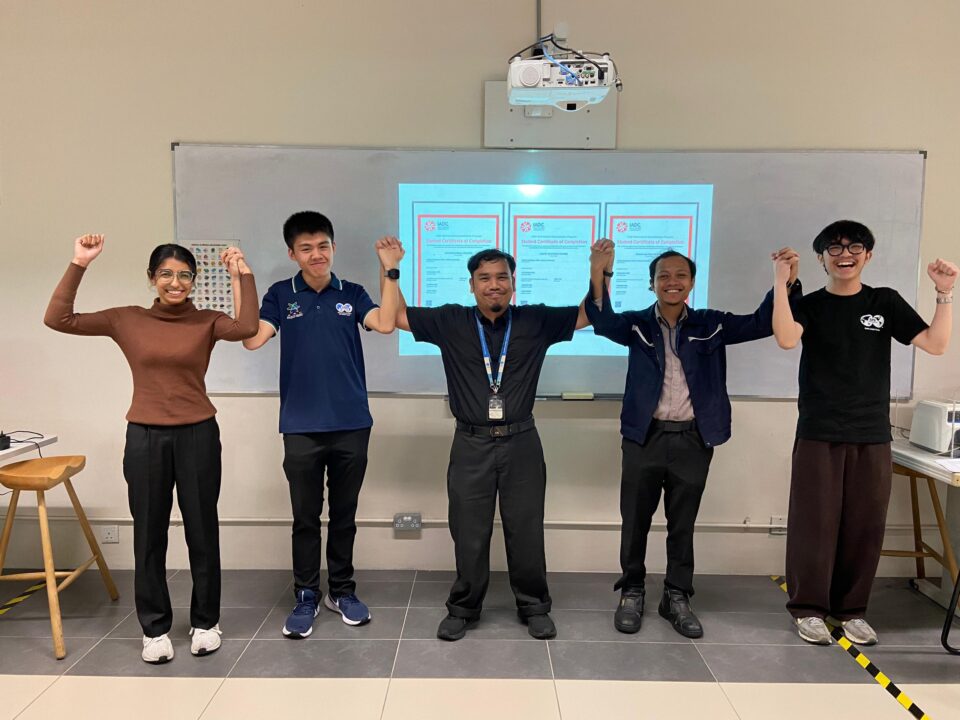The energy sector in Brasil is undergoing a moment of investment recovery in offshore well construction. A direct result of the increase in offshore operations requires dedicated attention being paid to strategies aimed at operational safety, especially those associated with human and technological factors. The increase of offshore activities include an increased demand for well plug and abandonment.
As a result, the National Agency of Petroleum, Natural Gas, & Biocombustibles recently created new regulations regarding well integrity. These new regulations, titled ““Regulamento Técnico do Sistema de Gerenciamento da Integridade de Poços” (SGIP) stipulate 17 management practices. The industry needs to address these new stipulations.
These new regulations require mandatory training in non-technical skills—situational awareness, decision making, communication, teamwork and leadership—giving a new dimension to the mix of knowledge needed for offshore efforts. This revamping of industry requirements necessitates different approaches to both the tools we use and the human who use them.
Petrobras & the Brazilian Federal Government are enlisting the industry experts represented by IADC & SPE to put on a Well Safety Workshop in Macaé titled “Workshop de Segurança Operacional de Poços” on 10th – 11th of November of this year.
IADC’s own Brazil Chapter Chairman, Heitor Gioppo, Executive Managing Director at Ocyan, along with two Petrobras representatives are the guest speakers for on Day 1 of this 2-day workshop.
Their session is the first of the day, titled “Human Factors: The Human Being as the Last Frontier of Technology.” The objective of the workshop is to promote technological solutions to contribute to the increase in the level of operational security.
In view of the challenging scenarios of the industry associated with high impact incidents, about increasing safety, and reducing costs, it is essential to act with a focus on human behavior, process safety and technologies to overcome challenges and achieve benchmarking. To this end, the event proposes to discuss the topics of risk management, reliability, asset management practices, digital technologies and analytics, and human factors.





